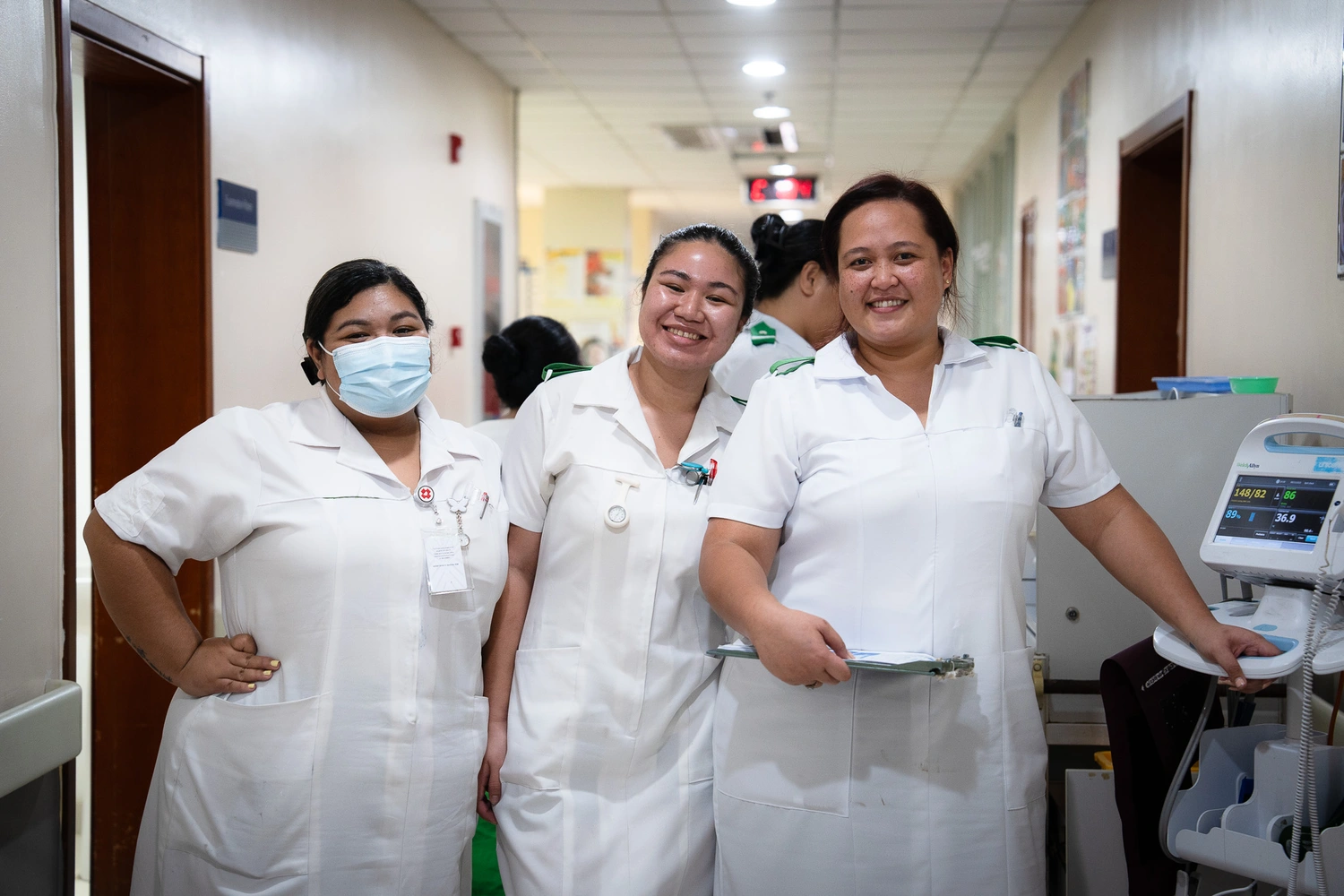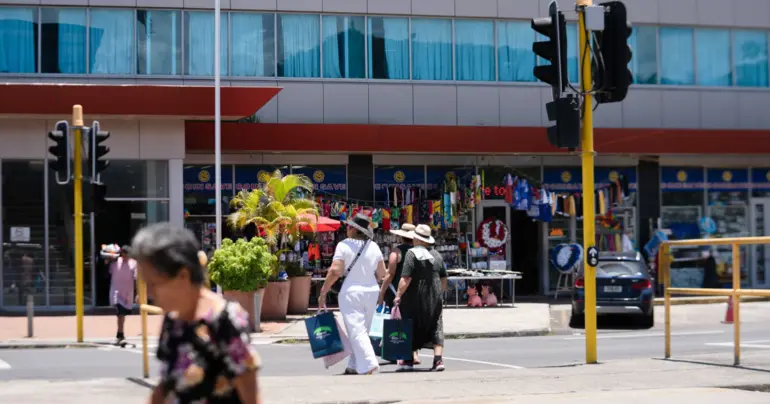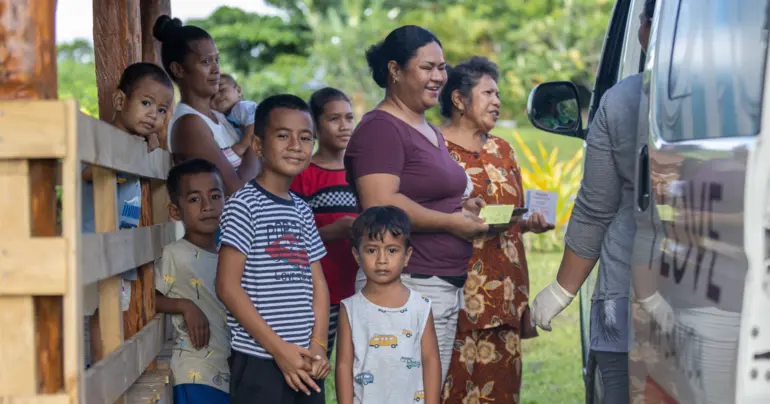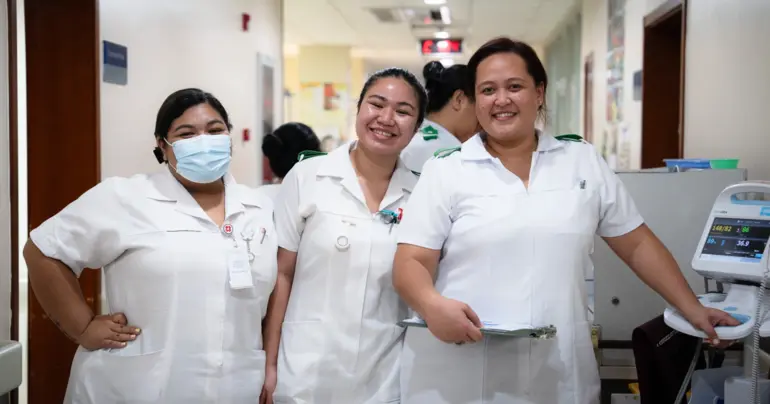Building hospitals when the medicine cabinet is empty
A new hospital in Tuanaimato will be constructed, and another in Savaii, and this will be done without addressing the problems faced by the public health system. The Ministry of Health is facing a shortage of medicine, and it was declared last week that oxygen tanks are being brought from Pago Pago on board the Nafanua III.
The nation cannot adequately staff its national hospital, lacks the required medicine, and has outdated or non-functional equipment, including the oxygen plant; yet, there are plans to build more hospitals. For the shortage being faced now, metformin and high blood pressure medications are not in stock. These are medicines that are subsidised by the government so patients with diabetes and other non-communicable diseases can access them at no cost.
The medicine shortage is not limited to national hospitals; some district hospitals also lack these medicines. The medicine is available at private pharmacies, but people have to pay for these. Then there is the added cost of transportation. A person living in a rural area pays more to acquire the same medicine which he or she could previously get for free.
Metformin is prescribed for diabetes when diet and exercise alone have not been enough to control blood sugar levels. In the Samoa Diabetes Management Guideline 2024, metformin forms an essential part of the fight against diabetes. The MOH has acknowledged that half of the nation’s adult population has diabetes. The failure to access a medicine that helps lower sugar levels can lead to further complications and even burden the health system further.
Last month, the Acting Director General of Health, Tagaloa Dr Robert Thomsen, said the shortage has affected a range of medicines that are awaiting shipment from overseas. He told the Samoa Observer that while orders were made on time, freight challenges have delayed arrival because they are arriving by sea. It has now been more than a month, and the ship is yet to arrive.
In February this year, it was highlighted that the healthcare system was experiencing a temporary disruption in biochemistry testing and medicine supply across various medical wards and clinics within the main hospitals and district hospitals in Upolu and Savai'i. The restriction, highlighted in a Memorandum dated 18 February 2025, limited routine biochemistry tests to only the Intensive Care Unit (ICU) and the Emergency Department (ED) due to a critical shortage of necessary reagents.
As of 17 February 2025, 14 oral tablets and capsules were completely unavailable, and some of these items were flagged as "long-term out of stock." For injectable medications, 37 were out of stock, including adrenaline 1MG/ML, which is crucial for life-saving resuscitation efforts. Amoxicillin + Clavulanic acid (Augmentin) 1.2g for injection, another essential medication, was also unavailable. Additionally, six oral liquid formulations were out of stock, and seven topical products are unavailable.
Another pressing concern was the shortage of ipratropium bromide 20 mcg inhalers, which are used for managing chronic respiratory conditions such as asthma, chronic obstructive pulmonary disease (COPD), and emphysema. Additionally, 13 eye, ear, and nose products were reported to be out of stock.
As a nation, we have endured this problem for many years. Medicines could mean the difference between life and death. Some people rely on medicines for blood pressure, diabetes, kidney infections, cardiac issues and in general require antibiotics for a range of problems. Then there are the medicines for cancer patients. If such drugs are in short supply at the hospital, then we have a problem.
When a medicine is in short supply, patients can experience delayed or interrupted care, increased costs, medication errors, and potential adverse health outcomes, including disability or death. The state of the nation’s healthcare system reflects the state of the nation. If it is not money woes, the health ministry needs to pull up its socks in the procurement of medicines. And if it is linked to money, the onus is on the government to ensure that this does not happen.
Build new hospitals after all problems affecting the health system are fixed. Otherwise, it is just another exercise in futility.











